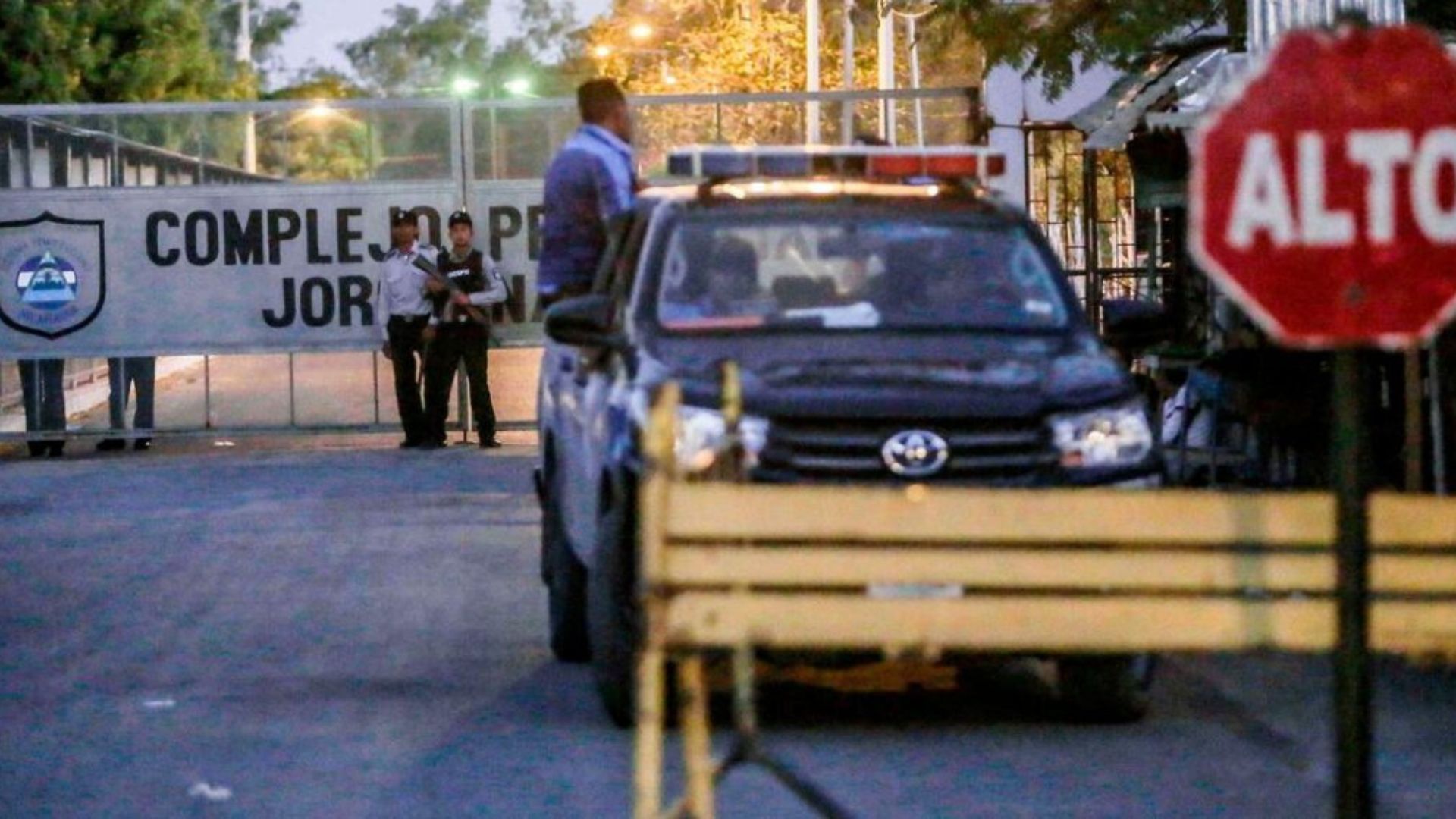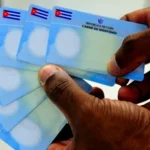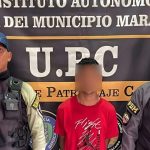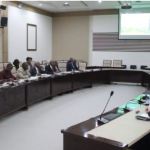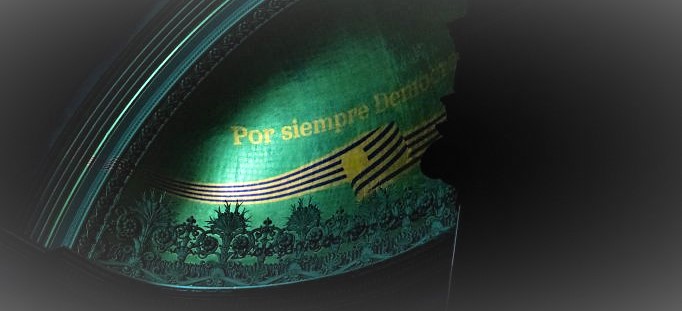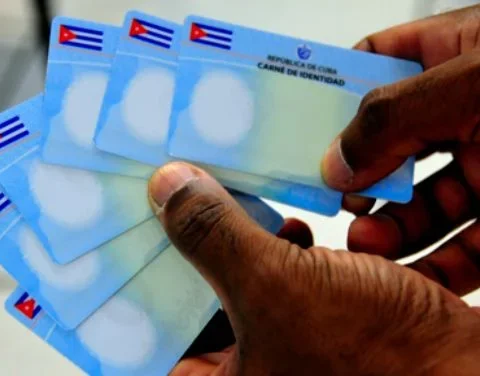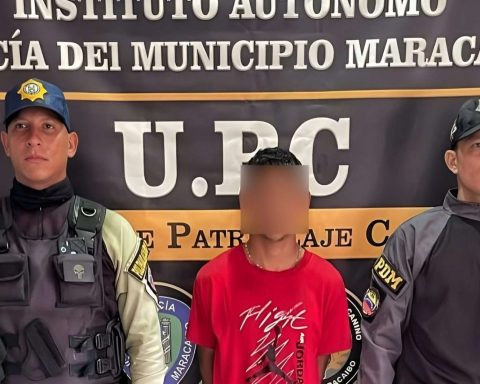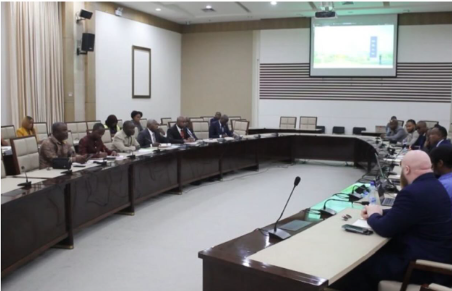After the wave of arbitrary arrests carried out by the National Police since last April, the Mechanism for the Recognition of Political Prisoners in Nicaragua denounced that the new prisoners of conscience of the Daniel Ortega regime, in addition to being subjected to “forced disappearance” after after their arrest, they are exposed to mistreatment, beatings, torture, poor diet and even the prison authorities deny access to medication people with chronic illnesses and the elderly.
At least 28 Nicaraguans were arbitrarily detained between April and June 2023, “during the repressive escalation for the religious celebrations of Holy Week, the commemoration of the 5th anniversary of the April 2018 Rebellion and the massive arrests of opponents and political activists who They still remained in the country and that they were organized in some social or political space,” the organization detailed.
He pointed out that “a pattern” that the Ortega dictatorship has maintained during the last arrests is the lack of information to the families of the detainees.
Related news: Ortega Justice keeps 64 political prisoners
“In addition to imprisoning them arbitrarily, the National Police does not report his whereabouts, which generates concern and anguish in the families, who begin a tour of the police stations in search of answers. The authorities deliberately refuse to provide the minimum of information, leaving families uncertain about the whereabouts of their loved ones,” he stressed.
The Mechanism also denounced that “the vast majority of detainees have spent weeks, even months, in what is called” forced disappearance to hide their whereabouts. During this time of disappearance, the rights of these people are violated and their health deteriorates due to lack of food. In addition, access to medicines is not guaranteed, even for the chronically ill and the elderly.
“Complaints have been received where the relatives, when after weeks they manage to see the detained person, confirm their physical and emotional deterioration. There are even reports of ill-treatment, beatings and torture while in state custody,” he added.
In the case of the opposition Olesia Munoz Pavon, his relatives were able to verify the physical deterioration that the political area presents. Ana Margarita Vijil explained that after the transfer to the women’s prison, the conditions for Muñoz have improved. She «She arrived sick, thin and very deteriorated. In Esperanza she has received medical attention, “she said.
He also stressed that the Catholic parishioner has also had access to parcels, sheets and medicines from her family, rights that, according to one of her relatives, had been denied to them at the District Three Police station.

On the other hand, the relatives of the political prisoner Jason Noel Salazarafter more than 70 days of forced disappearance, they managed to see the young opponent, who remains in the Jorge Navarro Penitentiary System, better Known as “The Model”.
Salazar’s relatives demanded that the judicial authorities guarantee the prisoner of conscience the necessary treatments and medicines to treat his ailments.
The agency’s most recent report details that at least 64 political prisoners, of which 10 are women and 54 men, remain incarcerated in the different centers of the National Penitentiary System. The list includes 10 detained opponents, prior to the civic rebellion that began on April 18, 2018, when the Nicaraguan dictatorship attacked the Nicaraguan people.
Regarding religious persecution, the Mechanism recorded the capture of four priests and at least 16 people belonging to the parishioner, including workers from Catholic NGOs. In this way, according to the report, the Ortega and Murillo administration continues “the repressive pattern of arbitrary detentions for the criminalization of religious freedom.”
